Across Africa, efforts to promote Science, Technology, Engineering and Mathematics (STEM) education are increasingly being prioritized, with a particular focus on expanding access for girls – a group that has been underserved in this area.
Ms. Marie Francoise Marie-Nelly, World Bank Country Director for South Africa, in the article "Accelerate the women in STEM agenda today; tomorrow is too late", emphasized the urgency of this issue.
She pointed out that despite some progress, the proportion of women participating in STEM fields in the region remains very low.
“The number of women participating in STEM fields in sub-Saharan Africa remains very limited. The proportion of women graduating from engineering courses in many countries in the region is less than 30%. This makes scientific and technological innovation activities lack unique perspectives and important contributions from women,” Ms. Marie-Nelly shared.
In the context of the rapidly growing global digital economy, Ms. Marie-Nelly commented that strategic policies are needed to ensure all students have equal access to STEM education.
According to the United Nations Educational, Scientific and Cultural Organization (UNESCO), gender inequality, social norms and organizational culture are preventing many girls from pursuing careers in STEM.
In higher education institutions, the presence of women in STEM is also very limited. UNESCO recommends stepping up campaigns to promote girls’ enrolment in STEM courses and providing financial support to facilitate women’s pursuit of these fields.
One example is Lydia Charles Moyo, a Tanzanian entrepreneur who founded and runs the NGO Her Initiative. Founded in 2019, Her Initiative promotes girls' rights through education, entrepreneurship, and employment opportunities.
The organization has leveraged technology to bridge the gender gap in Tanzania's digital economy.
"I am so proud of myself and my team. Our greatest success is helping girls and young women dare to dream and make those dreams come true. The most wonderful thing is to live your own dream, especially for girls.
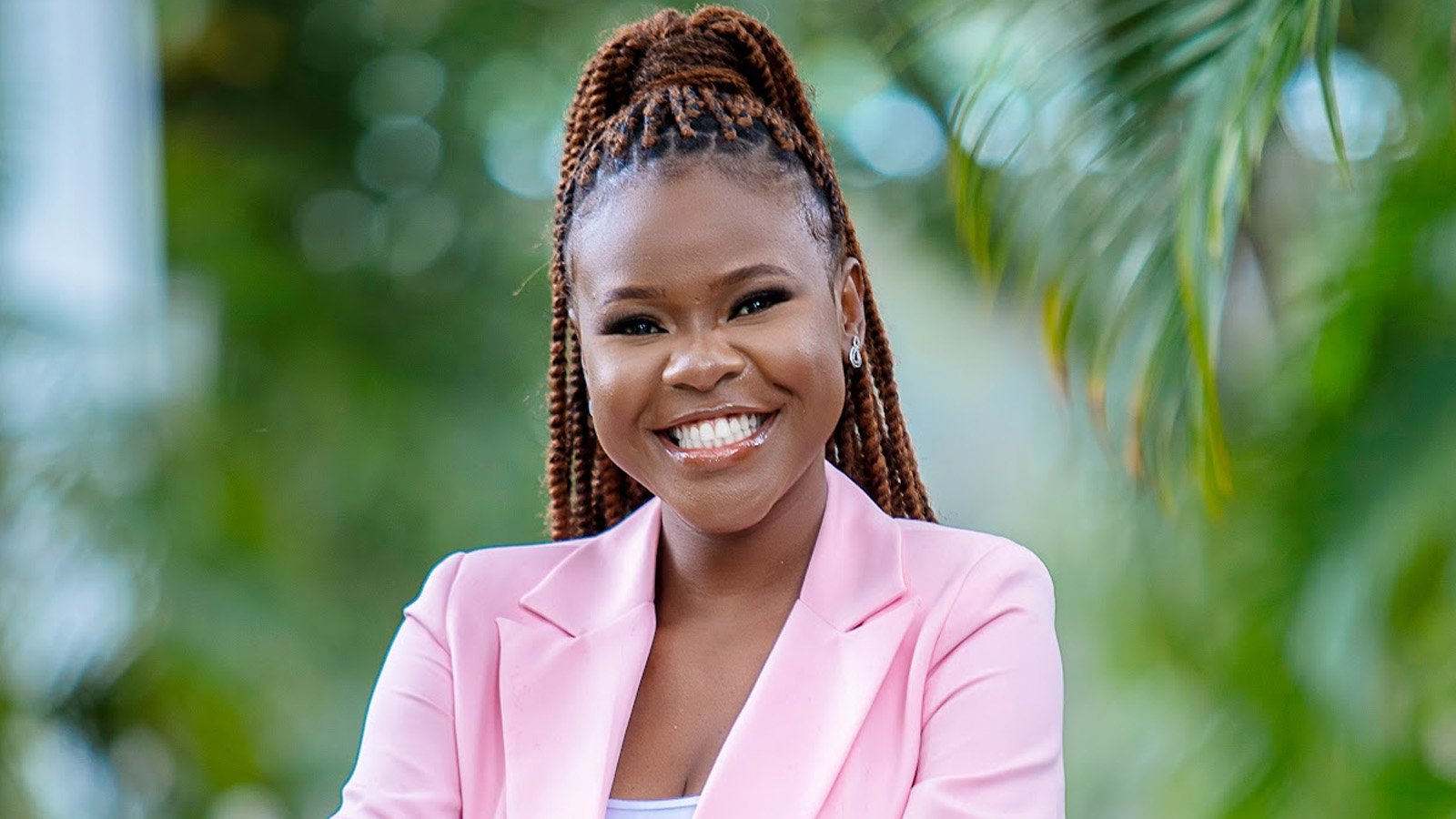
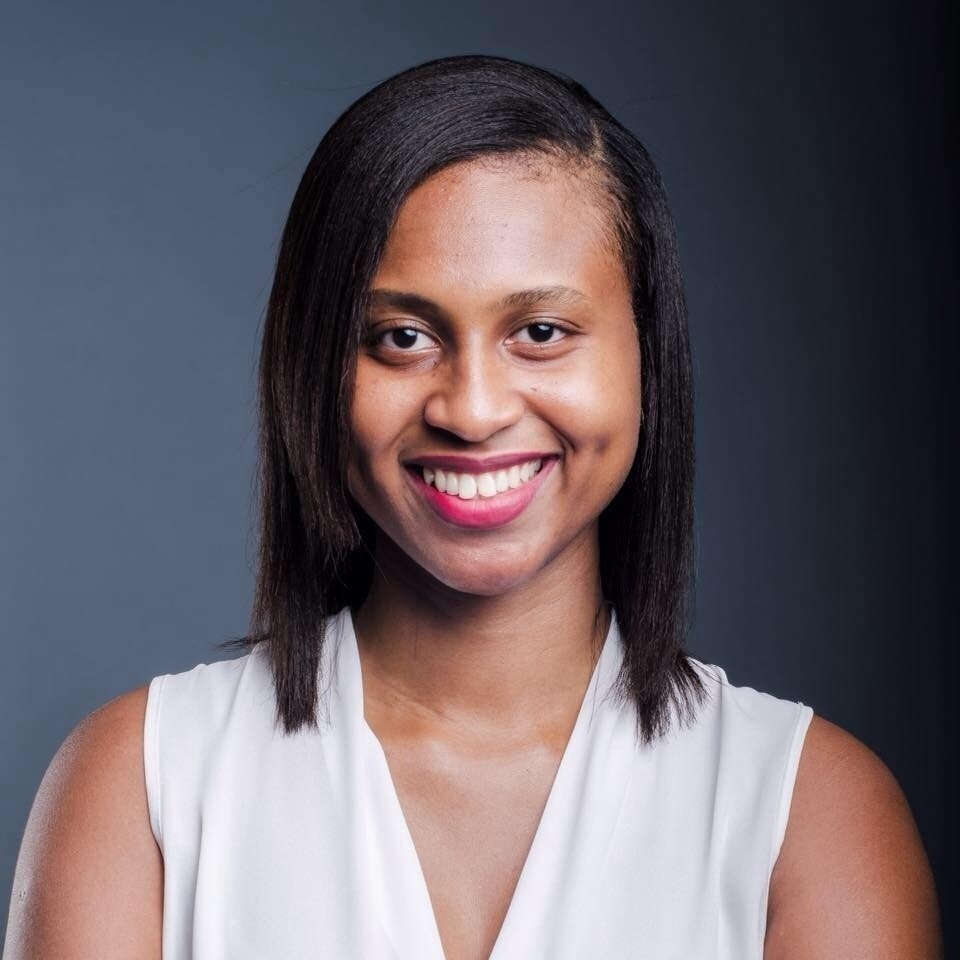
Lydia Charles Moyo (left) and Larisa Akrofie
We are making a positive change in people's lives, providing them with jobs and career opportunities," Moyo shared.
Moyo’s efforts have received recognition both nationally and globally. In April 2024, Moyo was one of six people honored with the 2024 Global Citizen Award for promoting the economic empowerment of girls and young women.
In June this year, Moyo went on to receive the 2023-2024 KBF Africa Prize from the King Baudouin Foundation. The award honors Her Initiative’s role in unlocking women’s economic potential, addressing the youth unemployment crisis, and promoting socio-economic development in sub-Saharan Africa.
In Ghana, Larisa Akrofie is using her platform, “Levers in Heels,” to amplify the voices of women in STEM. Launched in 2013, “Levers in Heels” has celebrated and showcased the work of scores of women working in STEM across Africa.
The organization also runs extensive mentoring, outreach, and partnership programs, with the goal of inspiring the next generation of African female leaders in STEM.
According to Akrofie, greater investment in education, technical training, mentorship and scholarships is key to overcoming the financial barriers that limit African women's participation in STEM.
“To increase women’s representation, we need quality education, vocational and technical training programs, mentoring opportunities, networking, and funding to help overcome financial barriers,” Akrofie said at an Education and Technology forum organized by MEST Africa.
Source: UN
Source: https://phunuvietnam.vn/chau-phi-mo-rong-co-hoi-tiep-can-stem-cho-tre-em-gai-20241224115151006.htm








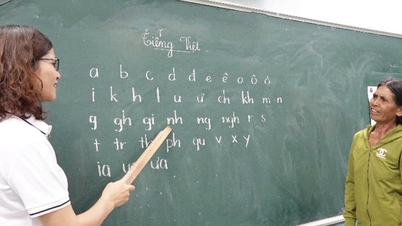

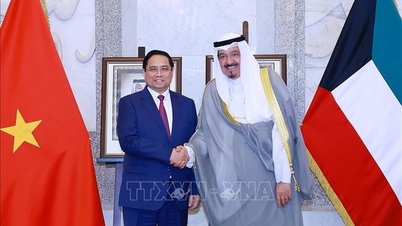

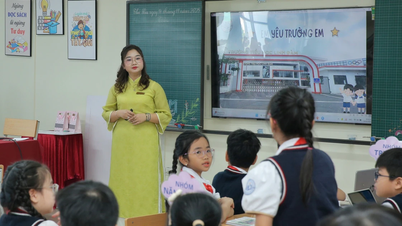

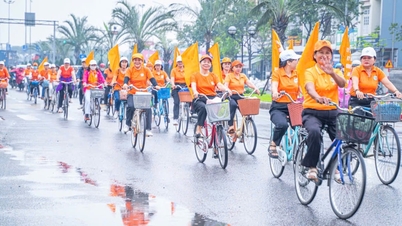

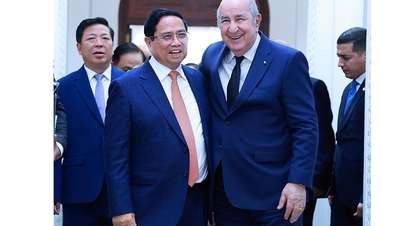

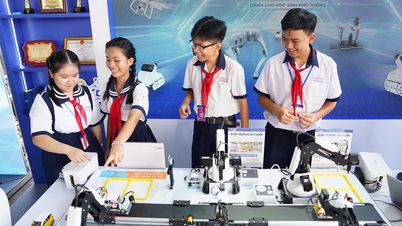
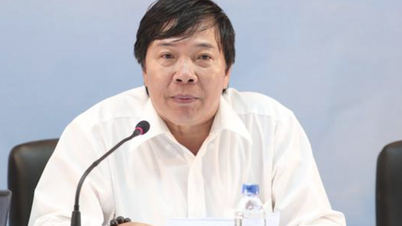

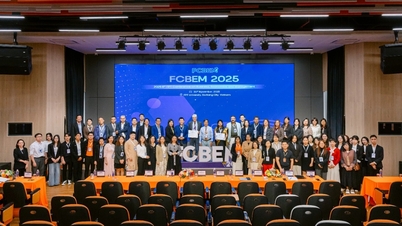

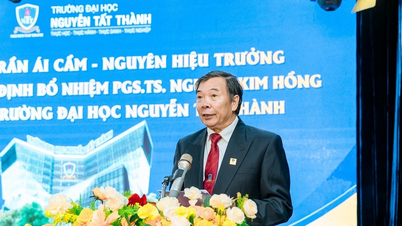


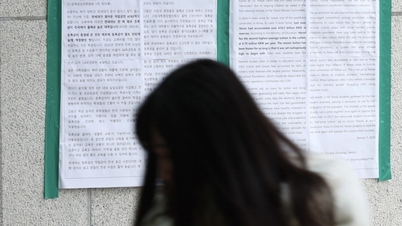
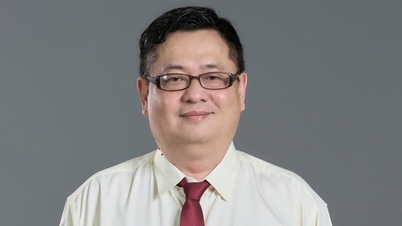





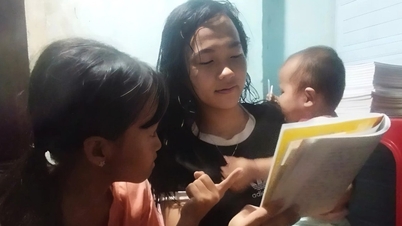
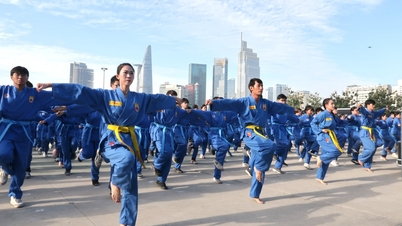
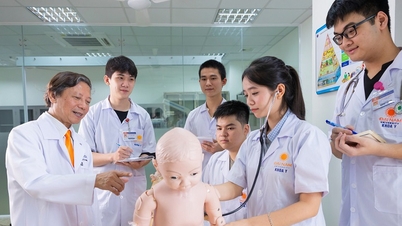
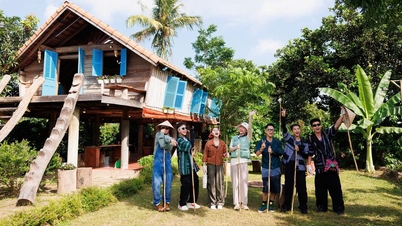
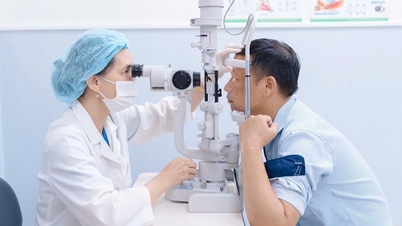






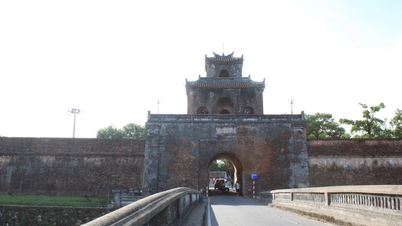

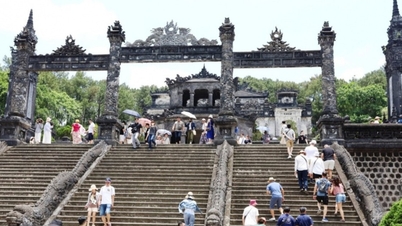

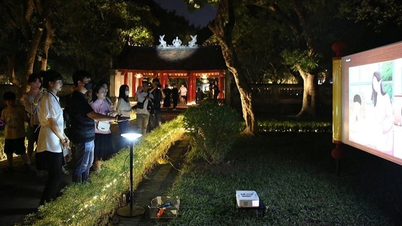







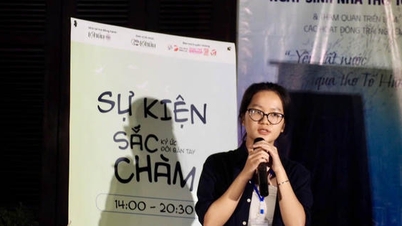

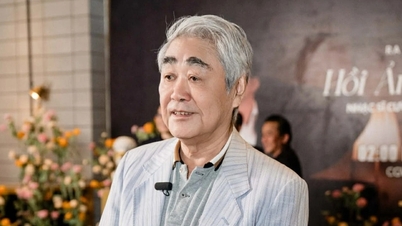
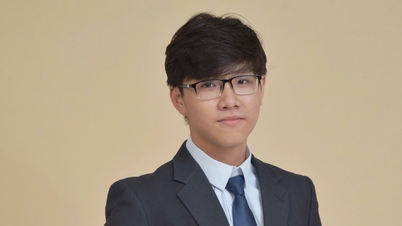

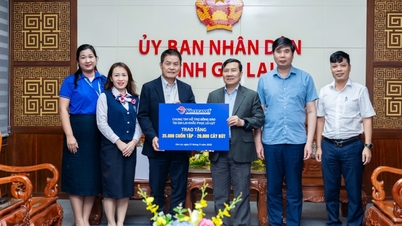

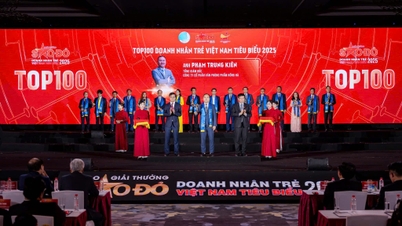
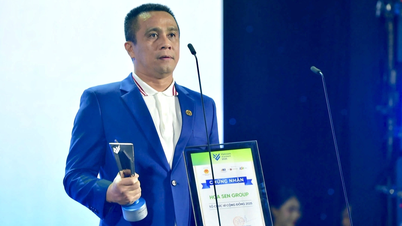









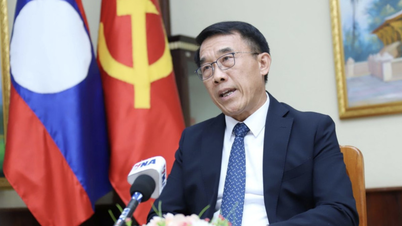



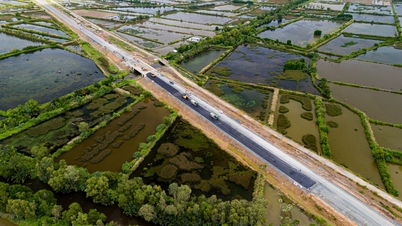
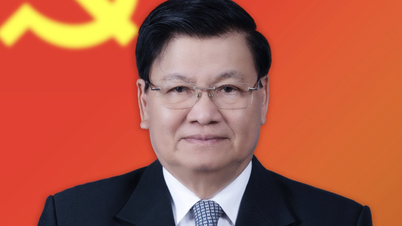
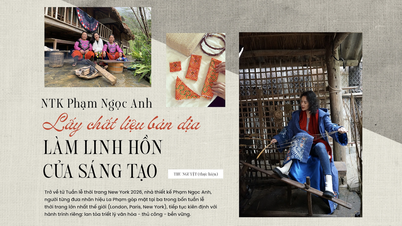
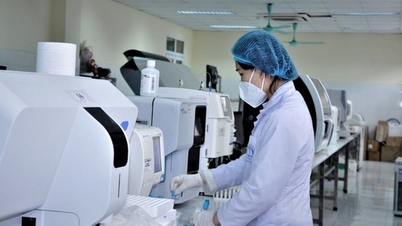

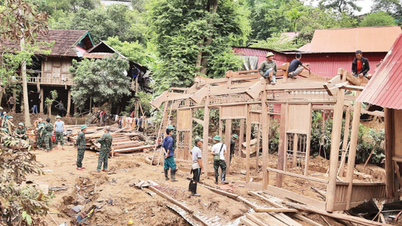

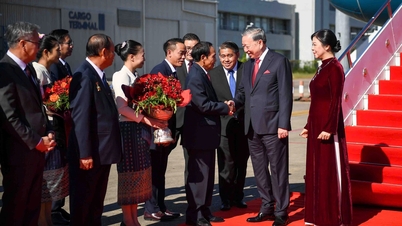

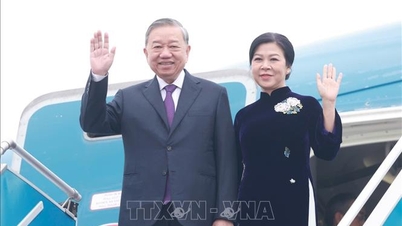


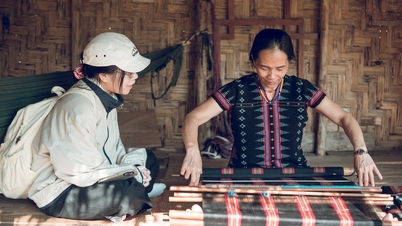
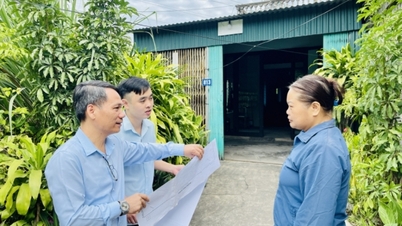

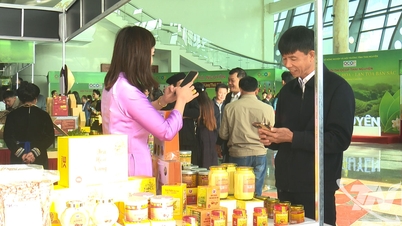

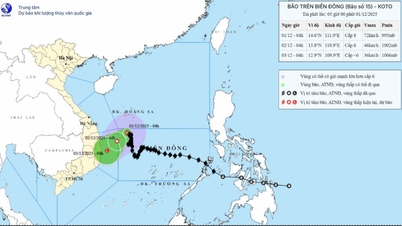



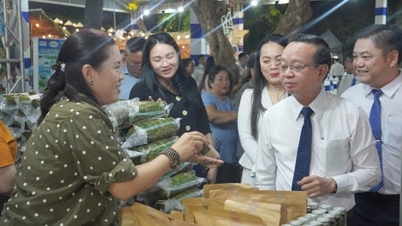










Comment (0)